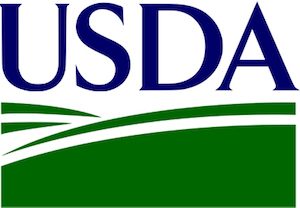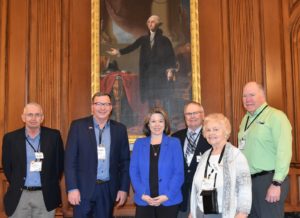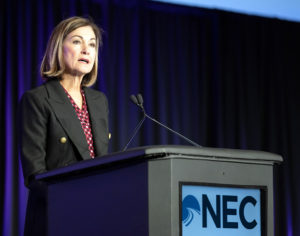“Congress just opened up about a month a half ago,” said Rick Schwarck, President and CEO of Absolute Energy in St. Ansger, Iowa. “Face to face conversations are just more impactful, I believe.”
For Charlie Good and his son Alex, it was important for them to present the fuel retailer perspective in Washington D.C. right now at this critical time for E15. “I’m at about 25 percent of sales every day at E15 now,” said Good, owner of Good & Quick convenience store in Nevada, Iowa which offers ethanol blends up to E85. “We have an ethanol plant right outside of town, 80 to 90 percent of my customers are farmers, I’m from rural America. It’s huge for me.”
Listen to interviews with Schwarck and Good at the ACE Fly-in.
ACE-DC 23 Rick Schwarck, Absolute Energy (1:50)
Photos
2023 ACE DC Fly-in Photo Album
Find more audio from the ACE Fly-in here:
ACE Fly-in Virtual Newsroom













